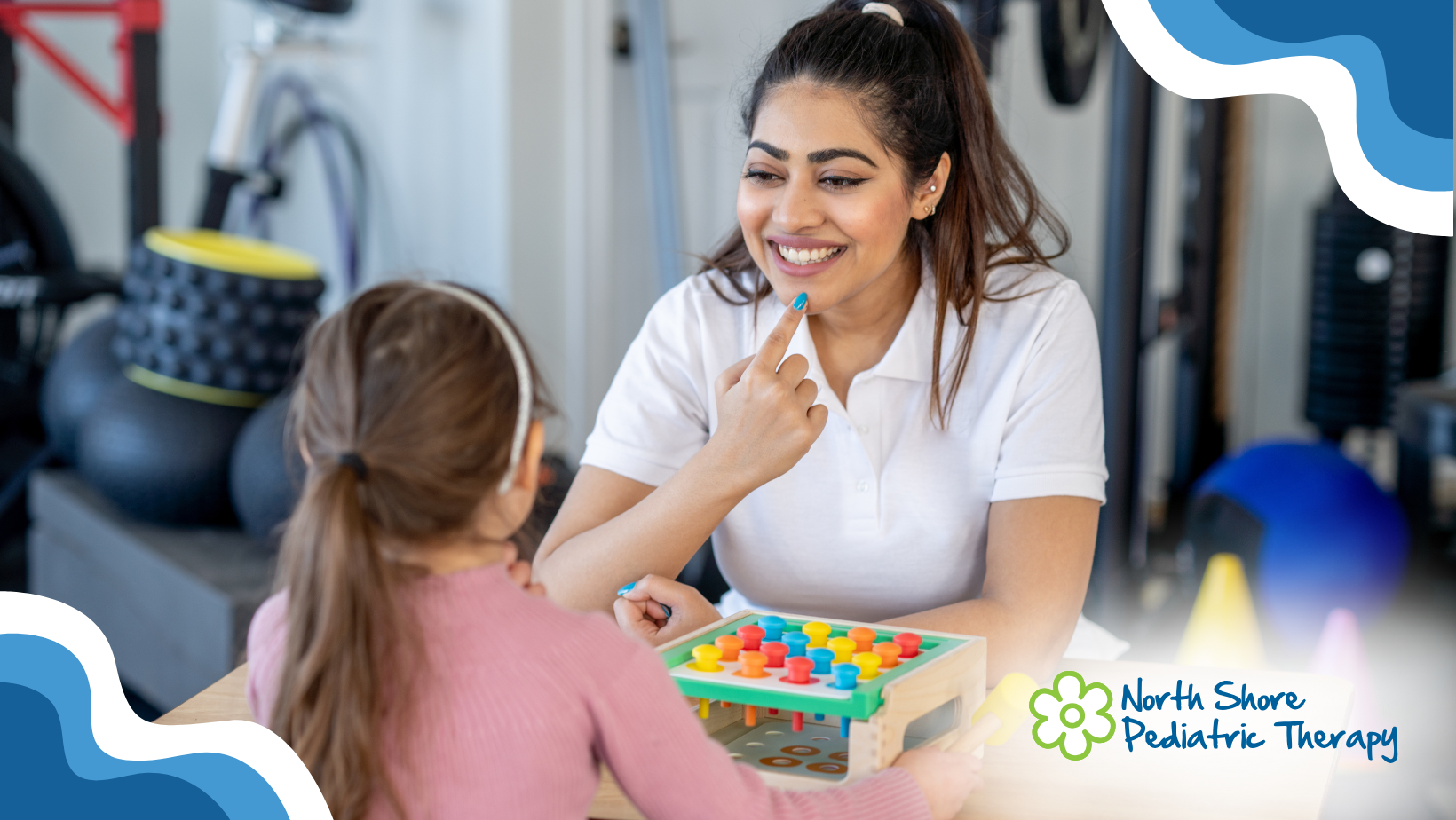What are motor speech disorders?
Motor speech disorders are neurologically-based speech disorders that affect the planning, programming, control or execution of speech. In order to produce speech, every person must coordinate a range of muscles and muscle groups, including those controlling the vocal cords, the lips, the tongue, the jaw and the respiratory system. Movements must be planned and sequenced by the brain and then carried out accurately to create speech! A child with a motor speech disorder may be learning to understand and use language, but is constrained in the ability to plan, sequence and/or control movements of muscle groups that are used to generate speech due to neurological and/or neuromuscular impairment. Motor speech disorders include apraxia of speech and dysarthia.
What is apraxia of speech?
Apraxia of speech (AOS) is a neurogenic speech disorder in which an individual has difficultly moving his/her lips or tongue in order to say sounds correctly, despite no presence of muscle weakness. This may be due to a disruption in the message form the brain to the mouth when speech is produced.
Two main types of apraxia of speech include acquired and developmental. Acquired apraxia of speech (AoS) is caused by damage to the parts of the brain involved in speech production and involves loss or impairment in existing speech skills. AoS may include co-occurring muscle weakness that negatively affects speech production, as well as language difficulties that result from brain damage. Causes of AoS include stroke, head injury, tumor or illnesses affecting the brain.
Developmental apraxia of speech, or childhood apraxia of speech (CAS), is present from birth and occurs in the absence of muscle weakness or paralysis. There is no known cause for CAS, however, some researchers suggest it is related to overall language development, some say it is neurologically based and others reference a genetic component.
What is dysarthria?
Dysarthria is a neurologically based motor speech disorder, caused by damage to the central or peripheral nervous system that results in impaired muscular control of the speech mechanism. These disturbances of control and execution are due to abnormalities in the muscles used for speech that can include weakness, spasticity, incoordination, involuntary movements or excessive, reduced or variable muscle tone. Dysarthria specifically affects face muscles, vocal quality and breath control. Causes of dysarthria include stroke, brain injury, brain tumors, conditions that cause facial paralysis, as well as tongue or throat muscle weakness. There are five categories of dysarthria that include flaccid, spastic, hypokinetic, hyperkinetic and ataxic.
Children with motor speech disorder demonstrate neuroplasticity for speech learning. Neuroplasticity is the ability of the brain to form and reorganize synaptic connections, especially in response to learning, experience or following injury. Therefore, early intervention for treatment of motor speech disorders in children is critical. Consistent treatment frequency and opportunities for repetition are important to fully develop the child’s neural connections in order to change speech sound input (from the brain) into actions of the speech mechanism in order to create meaningful speech!
If you believe that your child shows signs of a motor speech disorder, do not hesitate to consult with a speech-language pathologist.














